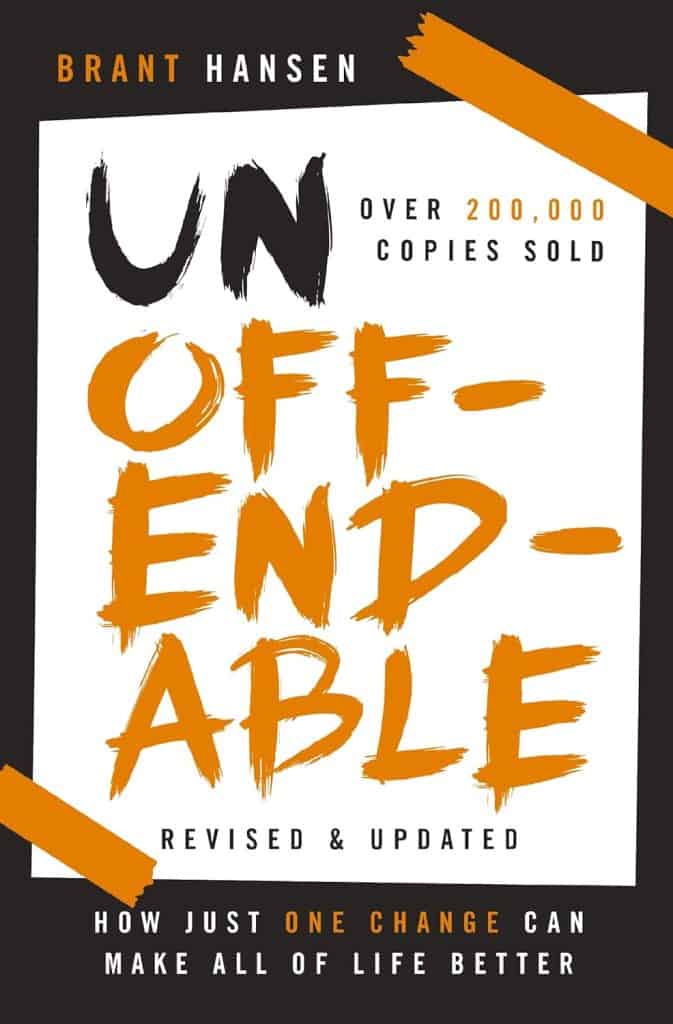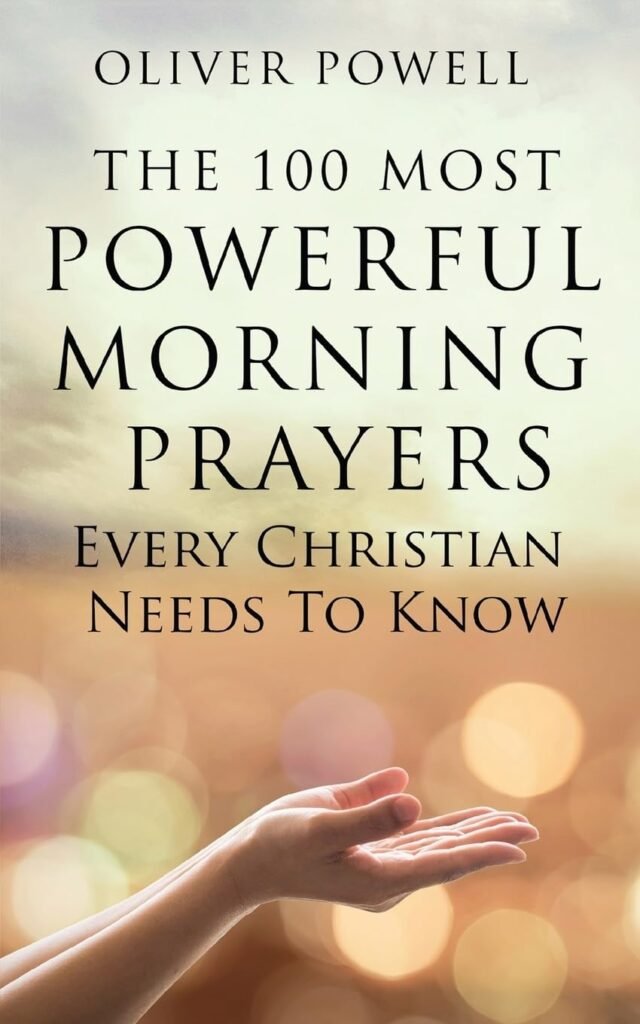This has been quite the year as far as global tragedies are concerned. What is probably one of the saddest turn of events is the addition of civil unrest triggered by systemic racial discrimination in the United States. And while it all seems so fresh and sudden, the sad reality is that it is not a novel issue.
Let’s dive in and search for an answer to the question that bothers so many of us: why does racism still exist in our world?
Why Does Racism Still Exist?
Because it is viewed as an event, not a structure, there is also the tendency for Americans to refute any racial intent behind policies being pushed to punish racial groups. Many people lash out when confronted with the issues.
Have you ever heard anyone say, “I’m the least racist person you’ve ever met”? Such denials are part and parcel of the structure. Many may not even know they’re being racist until their actions are pointed out.
- Strobel, Lee (Author)
- English (Publication Language)
Part of the challenge to fighting racism is because it is so intertwined into everyday culture. Racism has plagued America and the world in general for as long as diversity has existed, which is pretty much forever.
There have been many ethnicities on the receiving end, from Africans to Latinos, and just as many on the other end as the oppressors.
It even affected civilizations and ethnicities that no longer existed, including the Gentiles in old Israel and the Roman Empire. Let us take a closer look at the psychology and sociology related to racism and why it is so hard to overcome.
Breaking down the structure
To tackle racism successfully, it is important to understand its structure. There are many different definitions of racism, including the latest revision by Merriam-Webster, which includes social and political aspects of discrimination.
You can consider racism in one of two ways. The first is prejudice, discrimination, or antagonism directed against a person or people based on their membership in a particular racial or ethnic group, typically a minority or marginalized group, as the Oxford Dictionary describes it.
The second point of view is racism, which is a belief that behavior, preferences, and capabilities are related to a person’s race or ethnic background.
There are some other reasons…
We are also focusing our fighting efforts on all the wrong targets. Yes, we must ensure that the large-scale social and political systems support the idea of racial and ethnic equality. However, given the nature of the matter, individual changes in attitude and perspective will be a lot more effective than any laws will ever be.
It is also hard to fight because the attitudes are deeply indoctrinated into both sides. The oppressors are brainwashed to believe that all members of a certain race are inferior and undesirable. The oppressed, on the other hand, are taught to believe that every individual from the oppressing group views them with the same disdain.
This breeds hatred and bitterness, with both parties feeling like the other one is in the wrong. Objectively speaking, the perpetrators of racial discrimination and antagonism are in the wrong, no matter what justifications they may have.
Racism in the United States of America
Racism in the United States of America goes way back to its founding years. While African Americans and Latinos are currently in the spotlight, they weren’t the first to suffer racial discrimination in the United States of America. It all started with the Native Americans, who were viewed by the misguided foreigners as inferior savages. What followed were centuries of oppression and discrimination.
Fast forward a few hundred years, and you have another display of systemic racism in America in the form of slavery. This saw centuries of inhumane treatment of both Native Americans and Africans forcibly brought into the country. Later, this would become the lesser but still horrible segregation before equality, at least on paper, was achieved.
While the US has made progress towards eradicating this vice in the bigger picture, the toxic attitudes towards minority groups prevail. Racism in the United States of America can be seen everywhere, from workplace prejudice and disproportionate incarceration prevalence to racial profiling and mistreatment by law enforcement officers.
What does the Bible say about racism?
The answer is a lot. Let’s examine two of the most straightforward teachings on the matter.
Racism was quite prevalent in the Bible, with Jews being responsible for a lot of the discrimination and simultaneously victims of the same from other communities. God’s stance has always been transparent with the teachings from Deuteronomy 10: 17-19, where He is portrayed as having no partiality based on race, ethnicity, nationality, or racial status.
God sees no differences in us. All He expects from us is to love one another and to love and obey Him. No one puts it better than Paul in Romans 10:12, where he says:
“There is no difference between Jew and Gentile—the same Lord is Lord of all and richly blesses all who call on him.”
What can we do to change things?
For us to finally win the war on racism, we have to make it a personal fight. It is one thing to end slavery or abolish segregation systems. It is a beautiful thing to empower minorities and make opportunities equally available. It is an entirely different battle with different outcomes addressing the issue individually.
Changing personal attitudes is the key to finally ending racism. This is because racism is not a law or a political system. It is an attitude. Here are four simple ways you can change yours for the good of the world.
- Accept that it is a problem; denial only propagates the issue.
- Talk about it and be willing to listen.
- Support courses that are doing something.
- Be the change you want to see.
Bottom line
To conclude, the question “Why Does Racism Still Exist?” is not as relevant as How can we overcome racism? The Bible holds the secret to overcoming racism by encouraging us to love one another as we love ourselves. So, if you want to play your part in ending racism, you must understand the value of individual change and preach that message of love.











![[Book Review] What Happens One Minute After You Die?](https://christpulse.com/wp-content/uploads/2025/01/81sNS-qeKPL._SL1500_-662x1024.jpg)
![Humility: The Journey Toward Holiness [Book Review]](https://christpulse.com/wp-content/uploads/2024/11/519yzs2wSrL._SL1360_-731x1024.jpg)








Leave a Comment